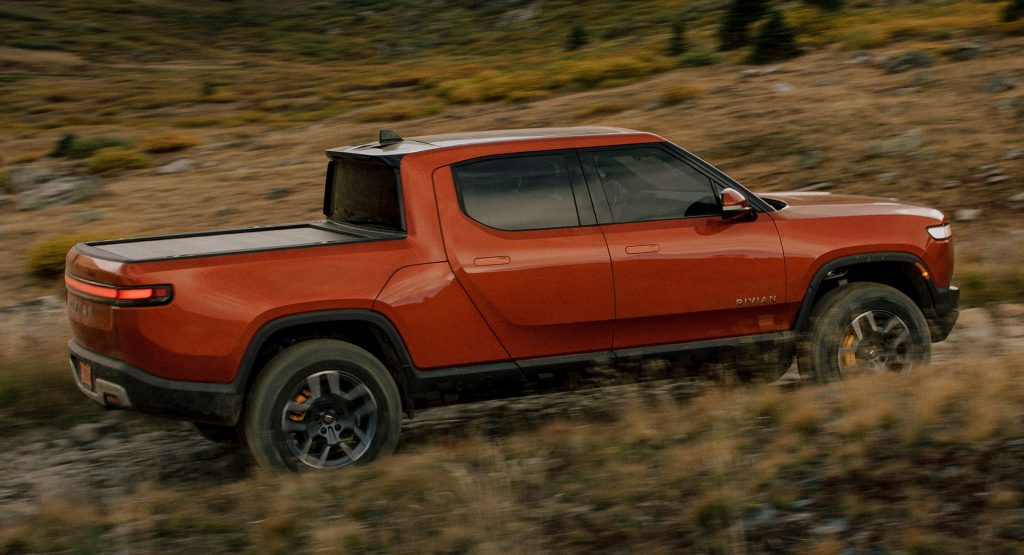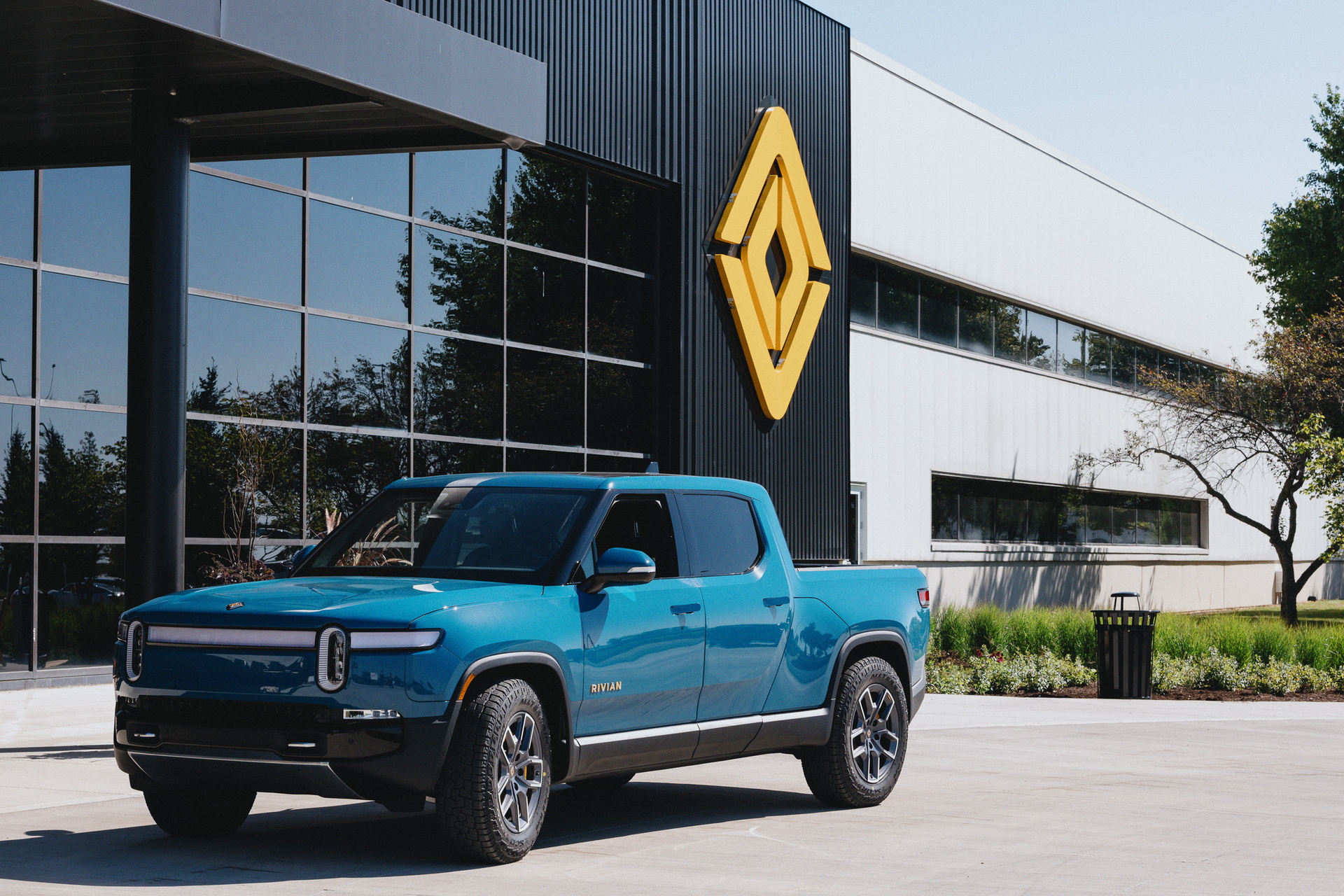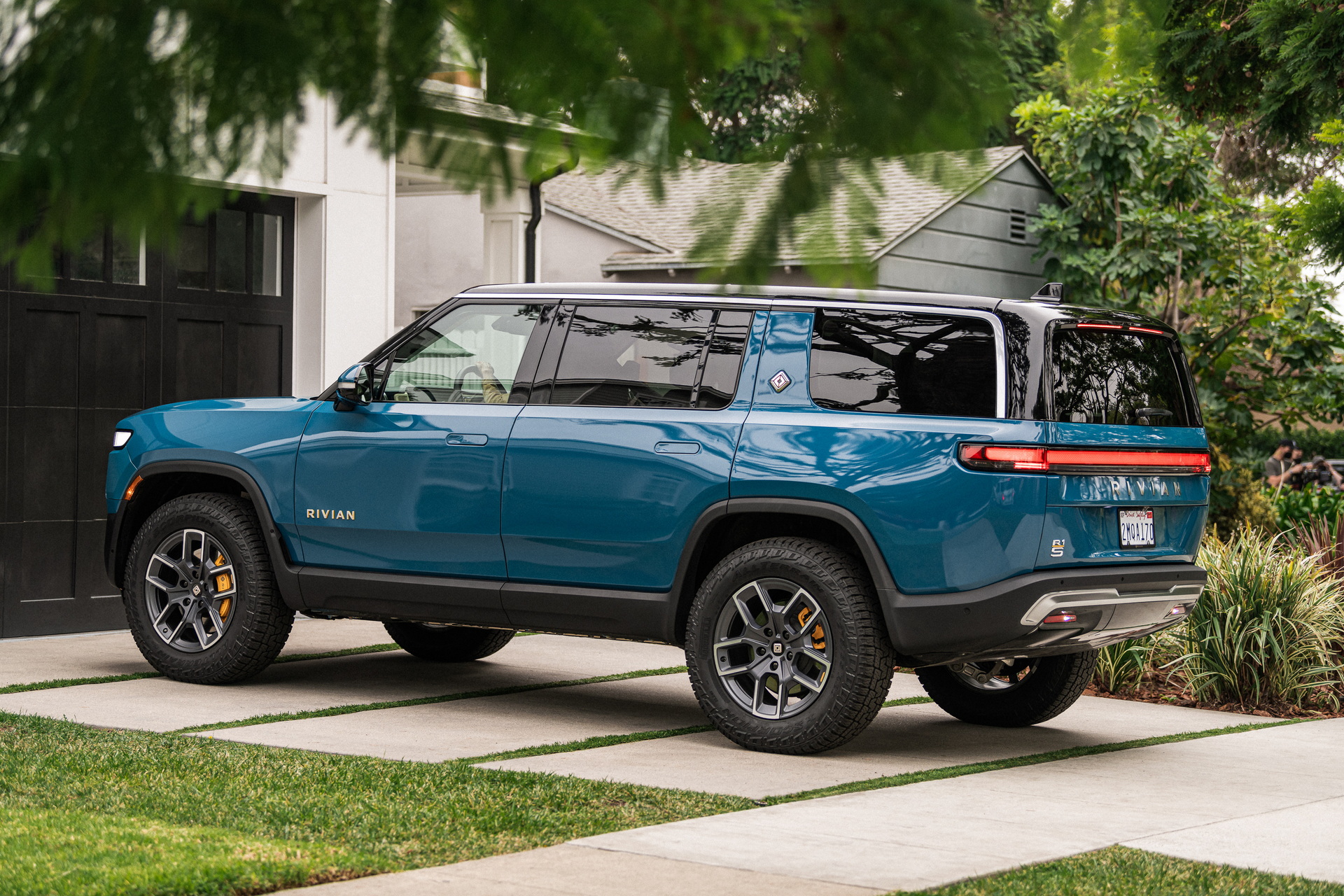Rivian says it will be disadvantaged by changes to legislation impacting electric vehicle incentives across the United States.
The climate change bill being led by Senate Majority Leader Chuck Schumer and Senator Joe Manchin proposes changes to incentives. Existing regulations offer consumers a $7,500 tax credit when they purchase an electric vehicle, although this credit is only available for the first 200,000 vehicles produced by a car manufacturer.
Read More: Rivian Laying Off 6% Of Its Workforce In Effort To Streamline Future Growth
Changes to this bill would scrap this 200,000 cap but the incentive would only apply to vehicles priced less than $80,000. Additionally, the income of a purchaser could not exceed $150,000 a year, or $300,000 a year for a couple. Rivian fears that such changes would benefit the likes of Tesla and General Motors which have had longer to ramp up production of their EVs, allowing them to reduce costs and offer more affordable vehicles to consumers.
Speaking with Auto News, Rivian vice president of public policy, James Chen, said that “as currently drafted, this legislation will pull the rug out from consumers considering purchase of an American-made electric vehicle.”
Chen added that “nearly all of our vehicles would be ineligible for incentives,” noting that Rivian doesn’t plan to introduce a lower-priced model until 2025.
Rivian is also concerned that the changes will benefit car manufacturers that are producing EVs overseas and in markets where costs are lower than they are in the United States. This would negatively impact Rivian as all of its vehicles are built in the United States.
News of Rivian’s opposition to these proposed changes comes just days after the automaker announced it will cut 6 percent of its workforce across its sites in Michigan, California, the UK, Canada, and at its Illinois production facility.





